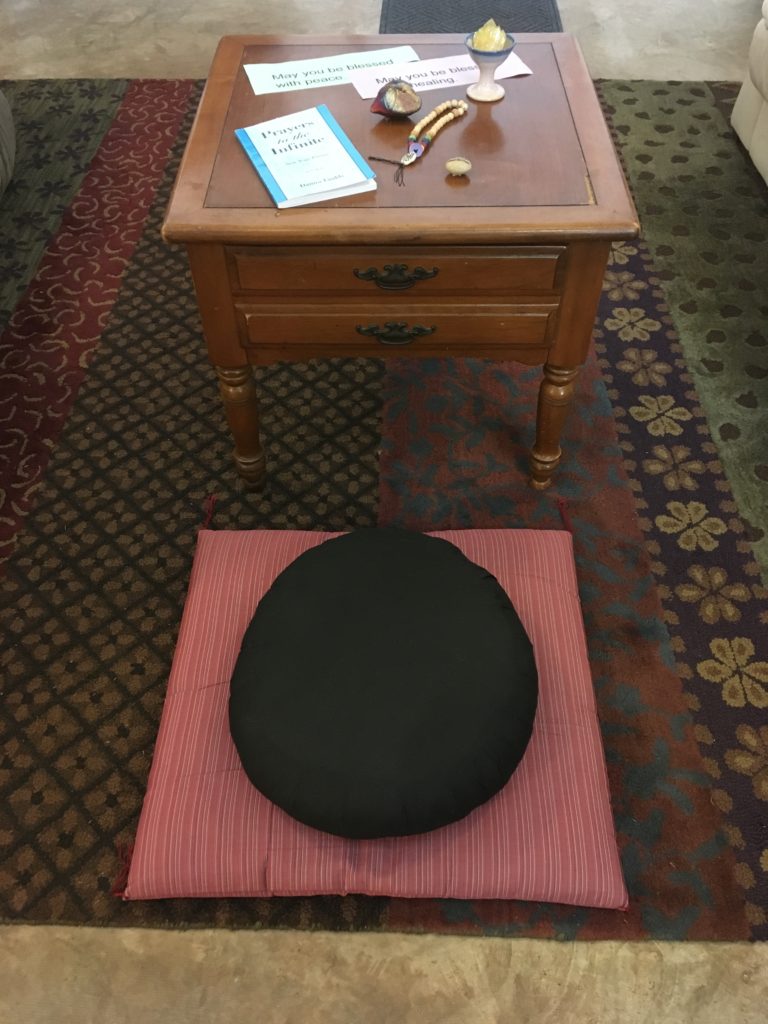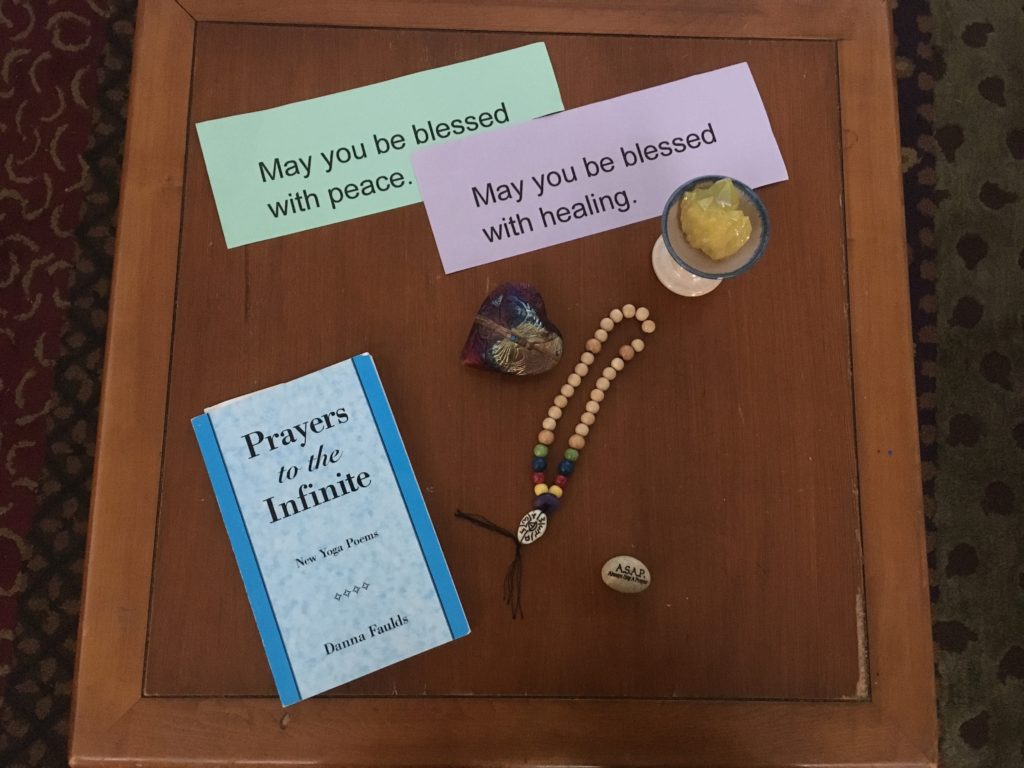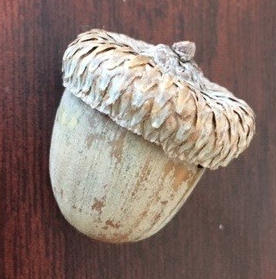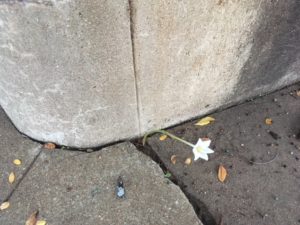After a pandemic year + several months, I’ve been thinking more about gratitude for community itself.
Diana Butler Bass, in her recent book Grateful: The Subversive Practice of Giving Thanks, says that gratitude is an emotional response to a gift. The emotional response is complex. We may feel grateful because a diagnostic test came back negative. That would elicit great relief, a lowering of anxiety, and a fresh feeling of life at its best.
Or we may feel grateful because someone surprised us on our birthday! Or because a glorious sunset fills us with awe and gratitude for beauty over which we have no control. During the worst of the pandemic (pre-vaccine year), neighborhood walks where many neighbors were walking around and working from home filled in for many face to face groups I have enjoyed for years.
My sense of gratitude keeps getting stronger. Reasonable health for my age, good relationships within my circle of family and friends, and life in an incredibly complex creation make a foundation for gratitude every single day.
Suppose we set an intention each morning to be grateful? It is a way of orienting ourselves to pay attention to the people and events that enter our lives. At the end of the day we might reflect on just three new things for which we’re grateful. Jot them down! You’ll quickly have such a long list that just reading it again can be an antidote to those negative emotions we sometimes hold.
How do we turn personal gratitude into a way of life that will change the world? Start small, and remember that it’s okay to continue at that level. Express gratitude to people in a way that really shows you have noticed what they’ve done for you. Ask for the story of their lives and listen with appreciation. It’s the quickest way I can think of to add gratitude to your circle of influence. Based on their stories, you might even dare to ask for advice.
Upset about a social media post? If it’s a friend of yours, what is something you actually like about that person? Can you center your thoughts in gratitude, then lead your response with a compliment and with curiosity? You might easily see that a conversation on social media is not the best way to resolve differences. Try picking up the phone or inviting a personal video conversation.
Ready to influence a politician or two? Maybe it will help to begin with gratitude for their service even when you disagree with them on many levels. You can be sure they receive a lot of criticism so you can begin from a different angle. Find an underlying value that you perhaps have in common. State your concern based on that commonality.
I would love to hear from you. How can we use gratitude to change the world?



 Acorn?
Acorn? Art by
Art by 